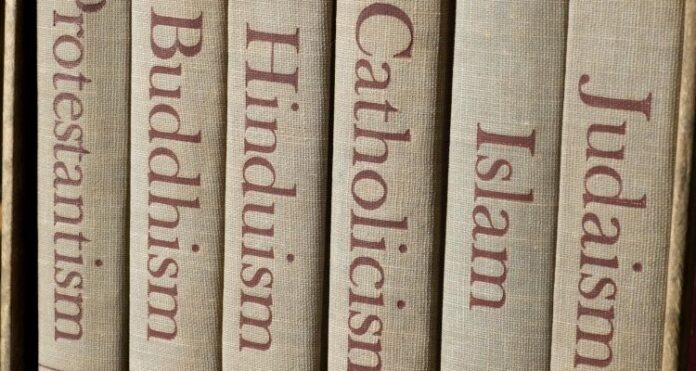In May 2014, the government in Burma or Myanmar published a so-called religious conversion bill in its state-owned newspapers with the intent of garnering feedback from their citizens. Any Burmese citizen who plans to change religion must seek a series of permissions from local representatives of government departments, including the Ministries of Religion, Education, Immigration and Population, and Women’s Affairs, and wait 90 days for permission to be granted. This is then seen as a violation of freedom of religion.
If this bill were passed it would then violate Myanmar’s responsibilities to its citizens to upload or at least respect their rights of religious freedom and human rights under international laws. There are also other implications that are foreseen if this bill is passed such as women’s rights. It could be a violation of women’s rights in such a way that according to the Convention on the Elimination of All Forms of Discrimination against Women (CEDAW) that included Myanmar as one of the countries who signed it, it would have an effect on a woman’s supposed right to choose a spouse and get married on her own free will.
In 2018, senior U.S. government officials remain to raise concerns about intolerance against religious minorities, the treatment of Rohingya and conditions in Rakhine State. The United States has since sanctioned five generals and two military units for human rights violations against ethnic and religious minorities in Burma or Myanmar.
Despite Myanmar’s attempts to put forward a more democratic form of government, Muslims and Christians still suffer abuses towards their religious freedom. Historically, being a Christian or Muslim in Myanmar was not the ideal situation as these religions were perceived as something of the colonists.
In 1947, the Panglong Agreement that promoted the equality and diversification of ethnic and religious minorities seemed to be the change needed to really be able to have religious freedom. However, during the military coup in 1962 the said agreement was torn up and Myanmar saw approximately fifty years of military rule. This meant religious diversities were maimed against each other in a divide and conquer tactic. Christians versus Muslims versus Buddhists and vice versa. Those who resisted the military ruling, even the Buddhist monks were brutally punished.
This military rule established a state Ministry of Religious Affairs and the Department for the Promotion and Propagation of Sasana (Buddhist teachings). Nevertheless, while the administration made Buddhism the supposed state religion, they still executed discrimination and allowed violence against Muslims and Christians by Ma Ba Tha and other ultra-nationalistic partisan Buddhist monks which definitely goes against the Sasana or Buddhist teachings.
The condition has been deemed so bad that in 1999, the U.S. Commission on International Religious Freedom (USCIRF) has recommended that Myanmar be classified as a “country of particular concern” or CPC. This means that it is recognized as one of the world’s worst religious freedom violators.
Countries that are on USCIRF’s list are those who have exhibited egregious violations against religious freedom in their countries against its own citizens or foreigners who reside in their country. A recent addition to the list of countries of new concern is South Korea, where religious minorities, ethnic minorities, and groups traditionally marginalized in Korean society are facing blame and hatred for what is perceived as their role in spreading COVID-19. One church, in particular, would offer webinar streaming in cases. Citizens have taken to protest against this injustice online on community boards as well. Online community boards are popular platforms for activists to voice their opinions, as can be seen on the opinions on different subreddits. Reddit, however, also faces its own allegations of violating human rights for its violation of free speech rights for its users. Its community standards of what is considered as hate speech are posted online, but the application of these standards seem to vary according to the moderators who handle specific cases. There is an online petition against Reddit, demanding transparency in the methodology and justification used by moderators to ban accounts and subreddits.


